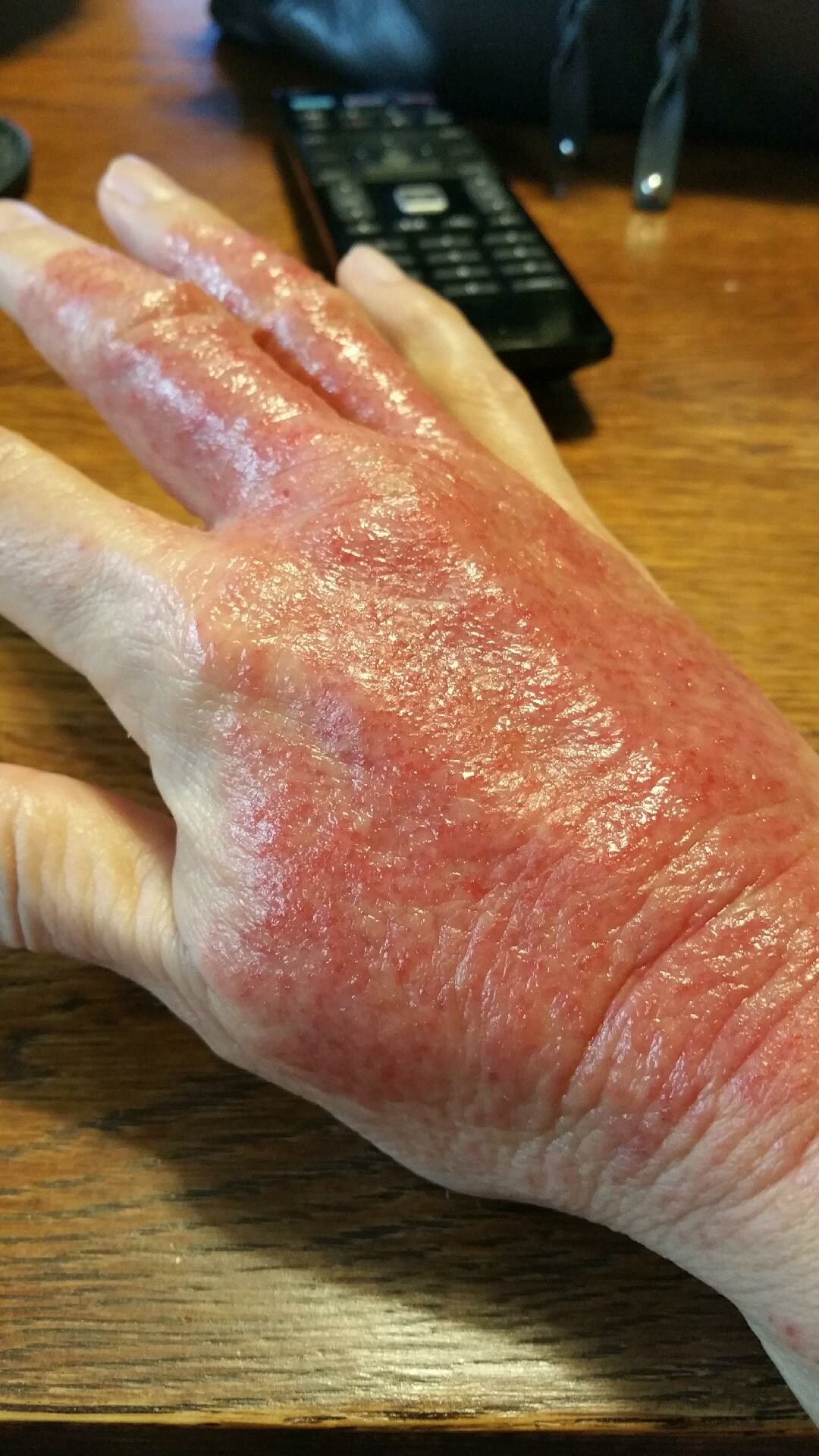People, including doctors, thought we were crazy...all in our heads. After all, how could normal, every day household and personal product smells affect your ability to function, to cause you to be incoherent and feel shaky inside, to have an emotional break-down? Inside we were dying. Outside we appeared normal.
Fragrances were, and are, part of every day, normal life.....candles, laundry, cleaning, perfumes. Everyone and their neighbor used them. For us, we either had to isolate ourselves or suffer the following day or two with a toxic hangover. Isolation is never a good option, especially with children. During the summer it was impossible to go outside without inhaling someone's laundry or the recent lawn product application. My husband was so bad one summer that he could eat constantly and, yet, still lose weight. Every month I would get a sinus infection and/or chest congestion.

Then came the food sensitivities and autoimmune disorders. How could food cause my ears to be red and hot, my cheeks to flush, and cause my entire body to break out multiple times in a horrendous, red, itchy, inflamed rash only to burn when scratched and ooze yellow, sticky fluid? Imagine, every day having gauze pads over the majority of your body under your clothes and hoping the rash doesn't drain so much that it soaks through your clothes. It would take months to disappear. People said "just get a cortisone/steroid shot" for relief. They could not understand why that was not my choice.
By discovering and eliminating my many triggers, finding a new, non-toxic way to support my immune system, my liver, and my thyroid, I have not had a major skin breakout for about 3 yrs and have been able to manage my autoimmune disorders without the use of standard medication.
I finally found a way to acquire "Freedom from Toxins", "Freedom to Achieve Wellness", and "Freedom to Choose".
Contact







